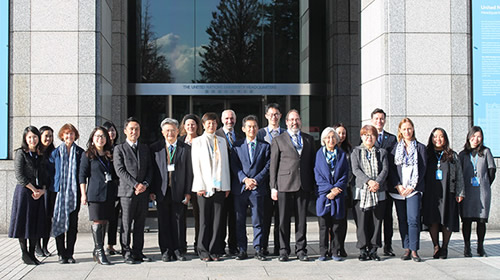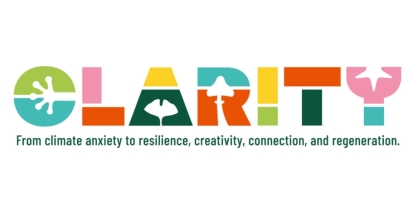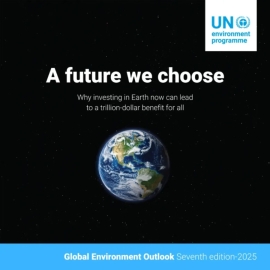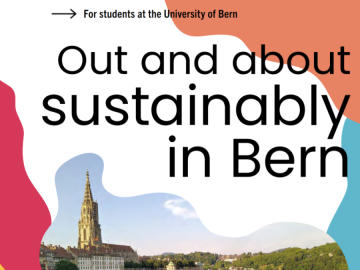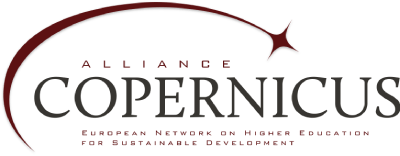From 14-15 December 2022, the Ubuntu Committee of Peers for the Regional Centres of Expertise (RCEs) met in Tokyo. The CA was represented by CA Advisory Board member Jana Dlouhá. The RCE network is an important partner of the CA and some CA members also coordinate an RCE.
This seventeenth Ubuntu meeting was attended by Ubuntu Committee Members, Regional Advisors to RCE Communities, and representatives of the hosting organization – Global RCE Service Centre of the United Nations University Institute for the Advanced Study of Sustainability (UNU-IAS). A representative of the Japan Ministry of the Environment was present as an observer. In the following, the most important outcomes are presented as summarized in the official meeting minutes (adapted by Jana Dlouhá).
New RCEs were acknowledged to the global RCE network, now counting around 180 RCEs. RCE Candidate Euskadi-Basque Country, Spain and RCE Candidate Southern Poland, Poland were acknowledged with minor recommendations, while RCE Candidate Mogadishu, Somalia and RCE Candidate Kathmandu, Nepal were acknowledged conditionally.
Hilligje Van't Land presented the International Association of Universities: IAU involves a network of 20,000 officially recognized universities and other higher education institutions listed in the IAU World Higher Education Database (www.whed.net). There is the IAU SDG 4 Subcluster, a working group for promoting ESD in higher education. She also commented that IAU started a series of publications on SDGs, where RCE as well as CA members could submit papers.
The United Nations Educational, Scientific and Cultural Organization (UNESCO) was presented by Won Jung Byun who introduced the strategic plan on "Greening Education Partnership". UNESCO hosts the secretariat, co-convenors are from the United Kingdom, Japan, and UNESCO with core members of UNEP, UNFCCC, UNICEF, ILO, WFP, IRENA, UNITAR, UNU, GPE, Dubai Cares, Aga Khan Foundation, Office of Climate Education, Microsoft, Huawei, Plan International, Education International, FEE. Greening Education Partnership focuses on four pillars: 1) Greening education policies, 2) Greening every curriculum, 3) Greening teacher training, and 4) Greening every school.
Ms. Byun also described the monitoring and evaluation mechanism of ESD for 2030 framework. The objectives are to monitor the overall progress of ESD in member states via priority action areas and implementation of the planned activities and to review some additional data on the progress of ESD. There are six key indicators to monitor the progress of ESD for 2030 on policy, learning environment, educators, youth, community and progress of country initiatives.
Juan Pablo Celis Garcia emphasized the willingness of the United Nations Environment Programme (UNEP) to collaborate with RCEs on youth (UNEP is a secretariat for the UN Environment Assembly, in which members of states discuss the environment and environmental education). In addition, the Economic and Social Council Youth Forum, April 2023 (ECOSOC Youth Forum) is the largest youth forum and represent youth worldwide.
RCE activities and plans for future
The Global RCE Conference and Regional Meetings were held online in 2021, the four Regional Meetings were all held in person in 2022. Two publications on climate action and biodiversity conservation were issued by UNU-IAS, that each highlighted 12 promising RCE projects. Also youth activities were supported, including the youth webinar and the RCE Youth Art Challenge; UNU-IAS participated in several international conferences where projects from the RCE Network were showcased. The RCE Award was an effective mechanism to reward outstanding projects and encourage active RCEs. A research paper written by IAS researchers “Minding the GAP: an overview of five years of Education for Sustainable Development (ESD) projects under the Global Action Programme (GAP) within the Regional Centres of Expertise on ESD” was introduced. RCE Czechia mainly edited the publication issued in Frontier's special issue, and many RCEs contributed to it.
Nomination and endorsement of RCE Youth Regional Coordinators was discussed. Each region including Europe, Americas, Asia-Pacific, and Africa nominated one representative. The young people drafted and agreed on a proposal suggesting three roles: a policy advisor, two community engagement officers and two communication officers.
The key achievements and challenges during 2021-2022 for each strategic priority area within the RCE Roadmap are relevant for, particularly, its Strategy 1: Serving as local and regional hubs for ESD and showing leadership for innovation, Strategy 2: Strengthening the association of RCE activities with SDGs and ESD framework, and Strategy 3: Expanding knowledge sharing and outreach.
Planned RCE activities for 2023 include four Regional Meetings and the 13th Global RCE Conference. The case study overview of RCE projects on Sustainable Consumption and Production during the Global Action Programme on ESD (2015-2019) and beyond is scheduled to be published in April 2023.

